This October, the World Science Fiction Convention (Worldcon) will be held in Chengdu, bringing together sci-fi fans and writers from all over the world.
As the sci-fi event is approaching, we have teamed up with Red Star New Culture to launch a series of interviews named "Dialogue with Sci-Fi Heavy Hitters". Today we talk to David Hill.
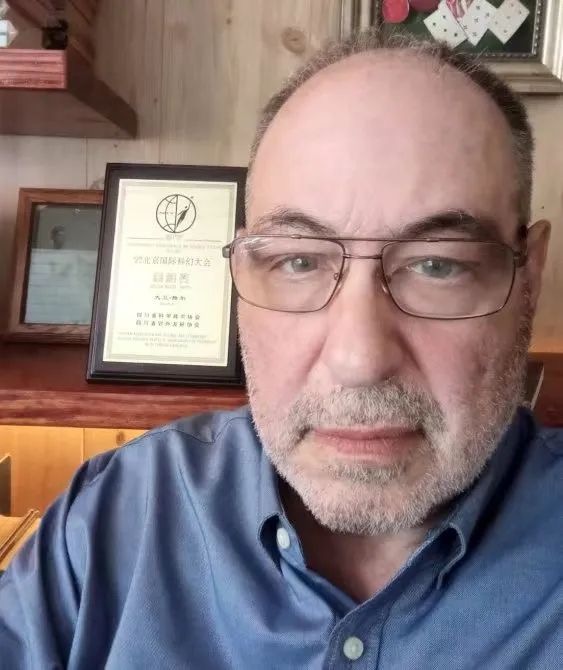
A recent photo sent by David Hill
This April's Science Fiction World - Translations published a set of three stories with different styles and themes, all written by the same author: David Hill. The editor was thrilled, You never know what is going to happen. We've got our old friend back!”
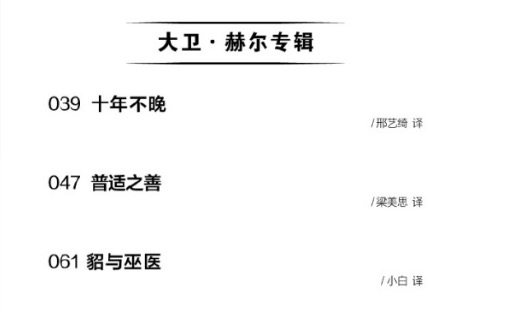
David Hill, 67, is definitely an unforgettable memory for a generation of Chinese sci-fi fans. His short story The Curtain Falls, published in Science Fiction World magazine in April 1995, is still a classic in the minds of millions of fantasy fans.
As for David Hill himself, he has lived a low-profile and even semi-reclusive life during these years. After “losing touch” with Chinese readers for many years, we recently caught up with David Hill via Science Fiction World.
He has a message for sci-fi fans who still love and miss him: Even if the whole world is a dream, “we can still have a better one.”
He Lives the life he dreamed of
In 2016, David Hill retired. He bought an old, modified RV and drove it all the way to North Carolina, near the East Coast of the USA.
David Hill lived comfortably in his sea-facing motorhome for five years. "I got fresh prawns and delicious oysters at any time," he says. Sometimes he used the pot to catch big crabs with blue pincers.
When he got a little tired of living in an RV, he bought a house in a small town called Kelford and settled down. Located in the interior of North Carolina, this small town had only 251 residents, including him.
 A house in Kelford. Photo by a property website of Kelford
A house in Kelford. Photo by a property website of Kelford
Brilliant wildflowers bloomed around Hill's cottage in the early summer of the year when he settled down. An acre of land around the little house belonged to him. In the yard, he cultivated oyster mushrooms with damp straw under the shade of hickory trees, grew herbs in clay pots, and planted vegetables in a corner of the yard. "Next year I plan to add a beehive and raise a cage of chickens. My friends now call me Farmer David," he wrote.
The most inconvenient things about living in this sparsely populated place are transportation and shopping. "It's a long way from anywhere," he says. The nearest bakery was 10 miles away, so he learned to bake his own bread and make distilled wine. "Now I can bake great baguettes and fragrant bagels," he shares cheerfully. "I can also make strong apple wine and Chinese baijiu."
Although it has been more than a decade since he last visited Chengdu, Sichuan cuisine is still one of his favorites, especially Mapo Tofu. Getting all the ingredients is a challenge, but luckily, he has found ground Sichuan pepper and Sichuan chili bean paste on Amazon. "I really love the spicy and fragrant flavor, " he says.
 Mapo Tofu. Photo by Tao Ke
Mapo Tofu. Photo by Tao Ke
Cooking is not a problem for him. After all, David Hill was a professional chef before he became a sci-fi writer. When Yang Xiao, then editor-in-chief of Science Fiction World, visited him in New York in the winter of 1996, David told that he dreamed of sailing all the Seven Seas as a cook on an ocean liner when his children grew up.
However, the dream didn’t come true. For a long time, Hill was plagued by severe lower back pain caused by spinal vascular malformation. By the time he finally had the problem resolved through surgery, his age and physical condition were no longer suitable for ocean voyages.
Hill laments that young dreams can easily be lost over time if they are not realized as quickly as possible. "That's why we have a saying that goes -- 'Life is short, eat dessert first.' Don't wait too long," he advises.
May good things remain Long, but life isn't fair
David Hill takes a different approach to realize his dream: In his nautical series At Drake's Command, he projects his unfulfilled dream onto James, the ship's chef, allowing him to sail with the protagonist Captain Francis Drake, to the vast ocean in his fantasy.
His first sci-fi novel, Castaway on Temurlone, takes place in the universe and depicts the protagonist's survival and adventures on a primitive planet.
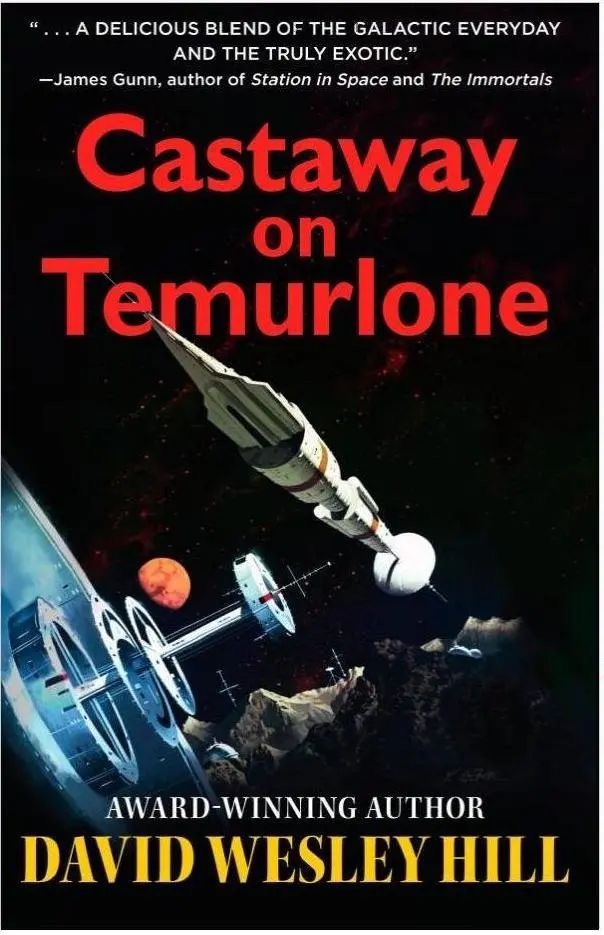
The original cover of Castaway on Temurlone
The stars and seas are the two fantastical backgrounds of David Hill's works. But in fact, the world he writes about is truly diverse: it contains brilliance and darkness, warmth and delicacy, as well as wildness and freedom. Before stunning Chinese readers with The Curtain Falls, he published his debut work Some Fine Cuisine on Science Fiction World in 1994.
Some Fine Cuisine is an extremely dark sci-fi novella: A catastrophic chain of events caused by a genetic experiment that goes completely wrong. Human civilization is rapidly destroyed, and hordes of bloodthirsty monsters roam in groups among the ruins of cities. These monsters are a mixture of human and various mammalian genes, and become increasingly vicious with each generation of reproduction.
Revisiting Some Fine Cuisine nearly 30 years later, the atmosphere of gloom, terror, and despair in the story still lingers like a dense fog.
After reading Some Fine Cuisine, it's hard to believe that it was written by the same author who wrote The Curtain Falls. But it's a testament to the endless charm of sci-fi and the writing talent of David Hill.
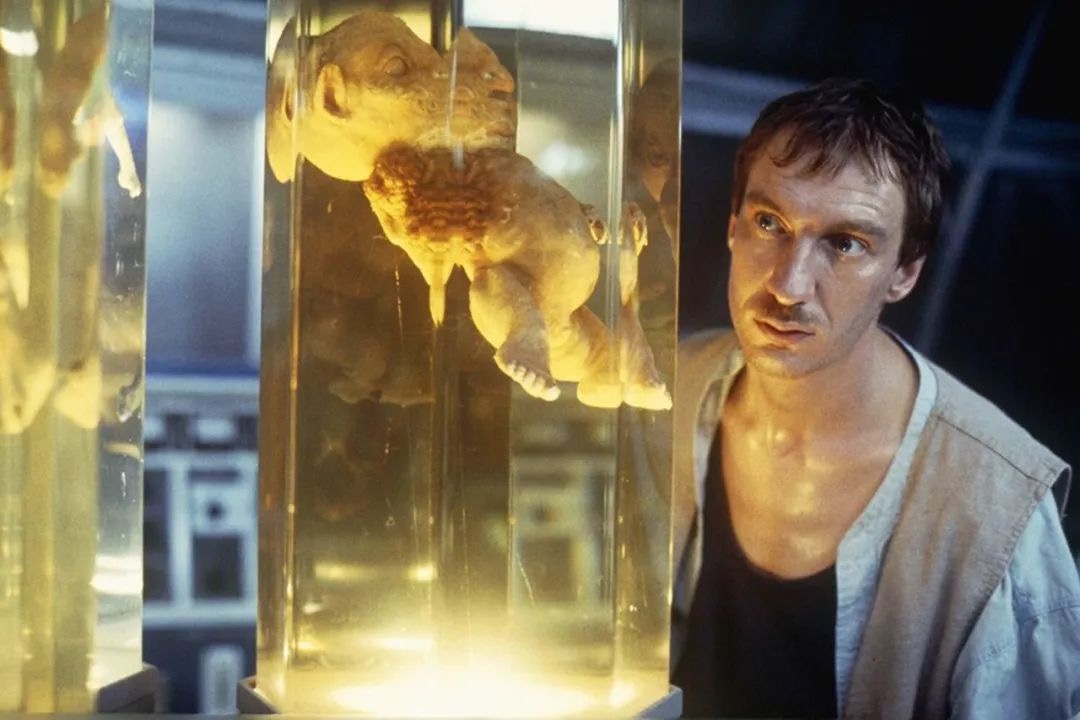 A still from the sci-fi film The Island of Dr. Moreau, which also focuses on the genetic modification of humans and animals.
A still from the sci-fi film The Island of Dr. Moreau, which also focuses on the genetic modification of humans and animals.
But there are many people with such talent. Until his retirement, David Hill is not able to support himself by writing. and he was not as well-known in the United States as he was in China. When Yang Xiao visited him in 1996, he and his son Austin lived in a small apartment in New York with an area of less than 30 centiares, with barely any furniture or decorations.
Guests sat on the floor, and David filled the only wooden tea table in the room with the dishes he made: braised pork ribs, spicy chicken pieces, sliced pork with cucumber, marinated eggs, and he even served cold noodles and a small bamboo steamer of rice. He cooked all the dishes according to the Chinese-English version of Sichuan cuisine cookbook Yang Xiao sent to him.
Caressing the brush, folding fan, silk scarf and other gifts brought by Yang Xiao, David exclaimed, “I wish all beautiful things could last forever.” He believes his stories will live longer than his life, yet documents that are not worth preserving allow him to earn money and support for his family. “That's life, it's not very fair," he sighed.
Even if It's a dream, we can still have a better one
The “I” in The Curtain Falls must think the same way. Life isn't always fair.
"Soon after Mom falling ill, Dad lost his job". The story begins with this sentence. Mom gets skin cancer because the ozone in the atmosphere is nearly depleted and the ultra-strong UV rays scorch the earth all day long. People are trying to remedy the situation with the "Curtain Project", which uses bimolecular films to block out some of the UV rays.
In this novel, the disease is not without a cure. The essence of the problem is that the family has no money for medicine. The father lost his job, and the family had neither health insurance nor savings. What's even more despairing is that shortly after the mother’s death, an unprecedented solar storm tore apart the curtain that had just been erected high in the sky.
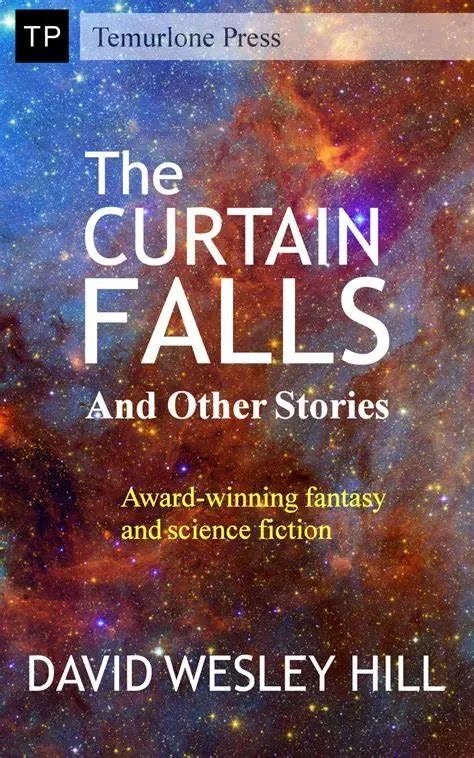
The Curtain Falls and Other Stories
The father got drunk again. Two days later, he told the children that he had inherited money from a distant relative and had found a job to extract oil in Antarctica. From then on, the siblings never saw their father again.
Some more years passed, the ground was completely unfit for human habitation, but fortunately, with the money, the siblings had already moved into the underground city. Then one day, “I” noticed a man with a red and black checkered tattoo, which looked so familiar. Suddenly, he realized that their father had sold all his organs and even his skin to buy a small apartment for his children in the underground city and to provide them with living expenses until they became adults.
"Mom was right. Dad always loves us. He sacrificed his lungs to love, his glands to love, and his skin to love." Many readers shed tears as they read this line.
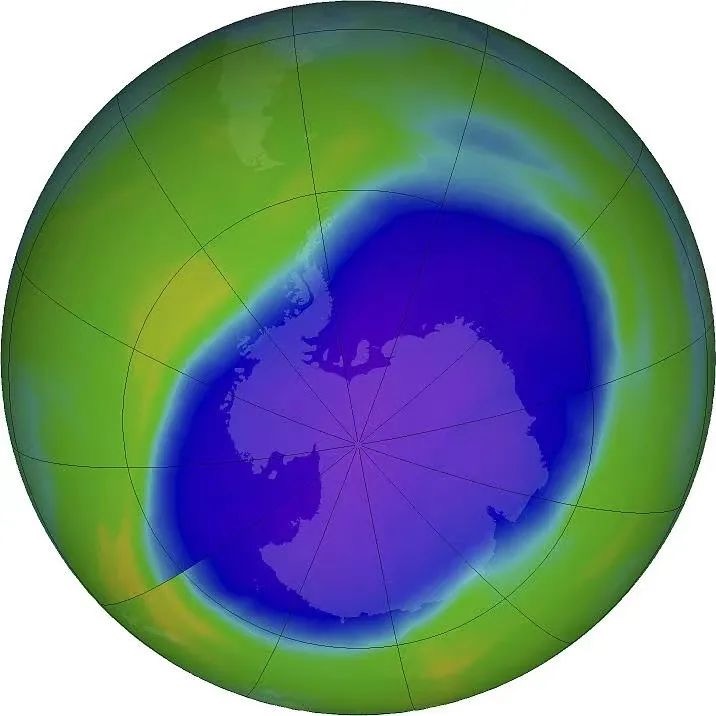 An image released by NASA last year: The blue and purple area shows the hole in the ozone layer over Antarctica.
An image released by NASA last year: The blue and purple area shows the hole in the ozone layer over Antarctica.
Photo by VCG
On September 16, 1995, the first International Day for the Preservation of the Ozone Layer, the National Environmental Protection Agency of China reprinted the story as a promotional material for protecting the ozone layer. Another well-known magazine, The Reader, republished the story at the end of that year.
So many words and stories that once amazed people on the Internet have long fallen into oblivion. But nearly 30 years later, we can still easily find the full text of The Curtain Falls. From this point, this sci-fi novel that promotes environmental protection and praises father's love is in embryonic state of a "classic".
To this day, David Hill's most cherished memory with Chinese sci-fi fans is also about The Curtain Falls. “I always remember what a young reader said to me when I came to Chengdu to meet those enthusiastic sci-fi fans, ‘The Curtain Falls moved me so much that I cried while reading it.’ It was a very moving moment for me," he recalls.
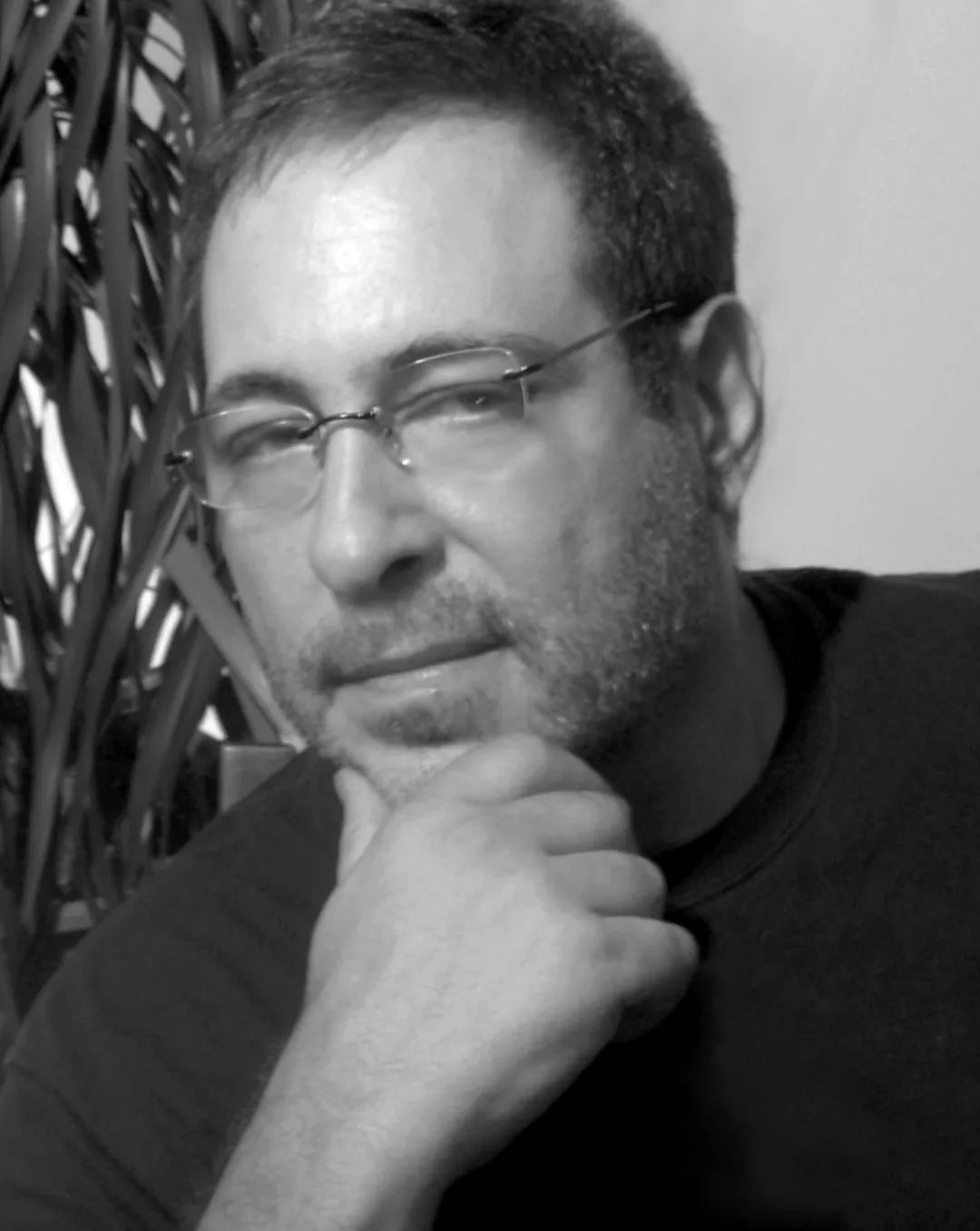 Young David Hill
Young David Hill
Mark Twain's last short story, The Mysterious Stranger, was published in 1916. The novel, which is “a world-renowned masterpiece of pessimism", ends with these words, "…no universe, no human race, no earthly life, no heaven, no hell. It is all a Dream…”
David Hill quotes this paragraph, but he adds one more sentence for all the sci-fi fans who loved him and still miss him, "Even if everything is a dream, we can still have a better one."